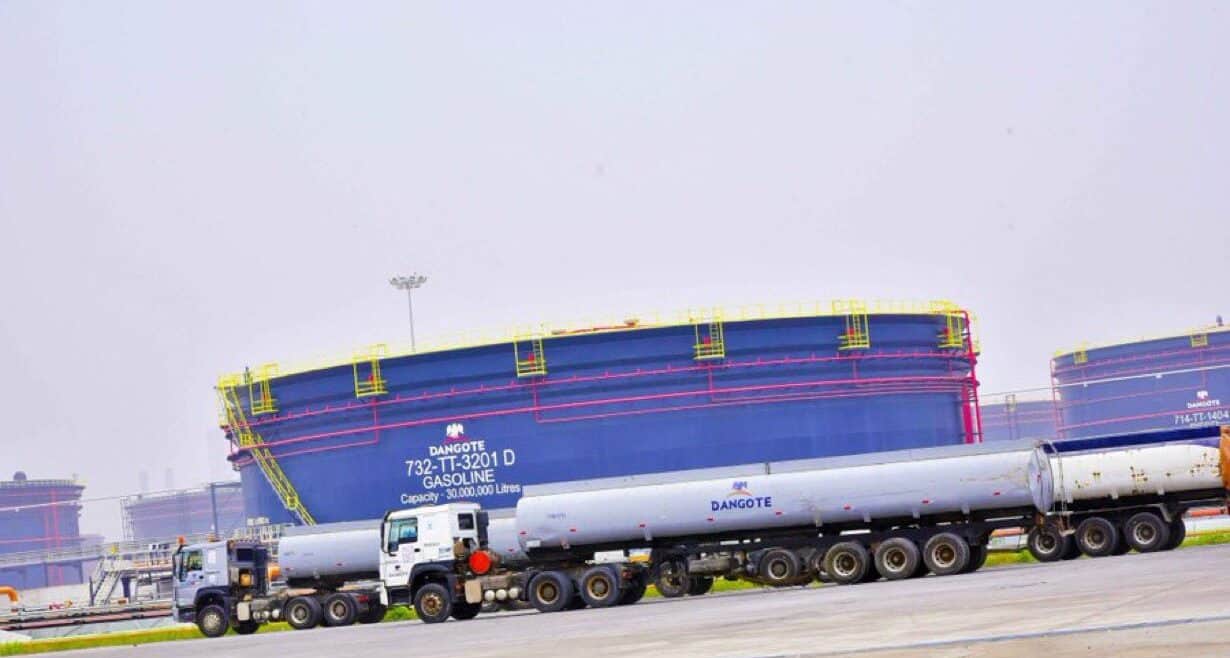Nigeria’s Dangote Petroleum Refinery has terminated the employment of some of its local staff, following reports that most of them joined the Petroleum and Natural Gas Senior Staff Association of Nigeria (PENGASSAN).
The management of the firm said the decision was part of a “total reorganisation” after repeated sabotage incidents were reported in different units of the multi billion dollar facility.
The move affects hundreds of experienced engineers and staff, raising concerns about workforce stability and operational safety.
Union dispute and reorganisation
A recent memo from Dangote Petroleum Refinery, signed by the Chief General Manager of Human Asset Management, Femi Adekunle, instructed affected staff to “surrender all company property in their possession to their line managers and obtain exit clearance”.
It added that the finance department would “compute benefits and entitlements for payment in line with employment terms”.
Management said the layoffs were necessary to “safeguard operations at the facility and ensure operational continuity”.
The memo also indicated that the refinery had begun recruiting fresh local engineering graduates to replace the dismissed staff.
PENGASSAN criticised the mass layoffs, describing the move as “harsh” and potentially damaging to workforce morale and local content objectives.
The union added that the sudden action could affect the confidence of Nigerian engineers in long term career prospects within the sector.
Dangote management defended the action, insisting that protecting the refinery’s safety and efficiency remains its “top priority’.
The company maintained that the reorganisation was driven by operational needs rather than union activity.
Broader implications for the industry
The layoffs highlight growing tensions between investor protection and labour rights in Nigeria’s oil and gas sector.
While management cited safety and sabotage concerns, industry observers believe the development exposes weakness in how disputes between employers and unions are handled.
The incident reflects broader labour management challenges in Nigeria’s extractive industry, where disputes between labour unions and management intersect with safety, revenue protection, and local content goals.
The refinery’s reorganisation underscores the need to protect multi billion dollar investments while balancing human capital concerns.








